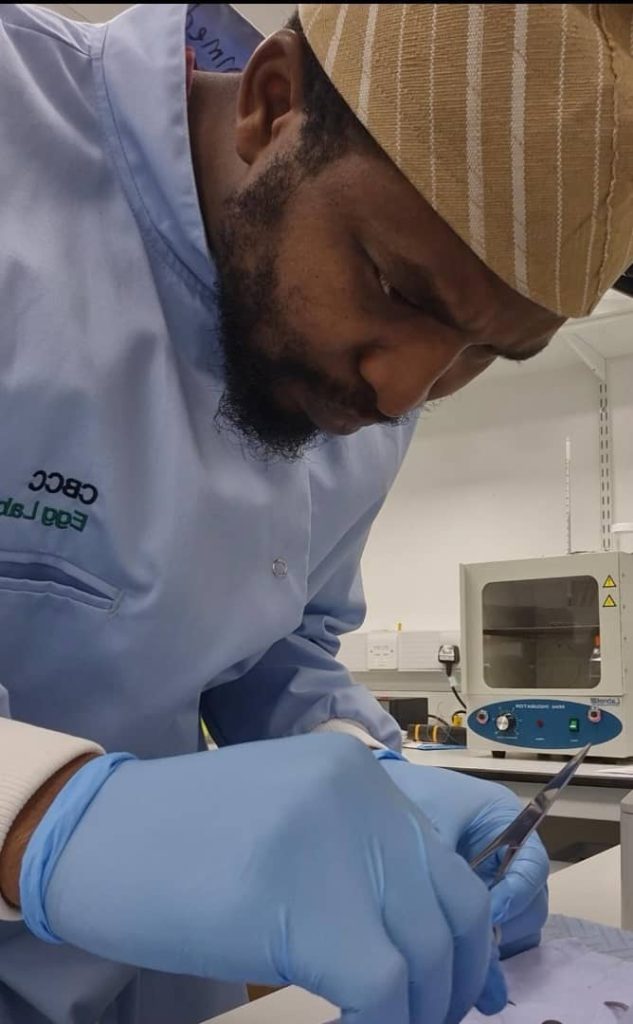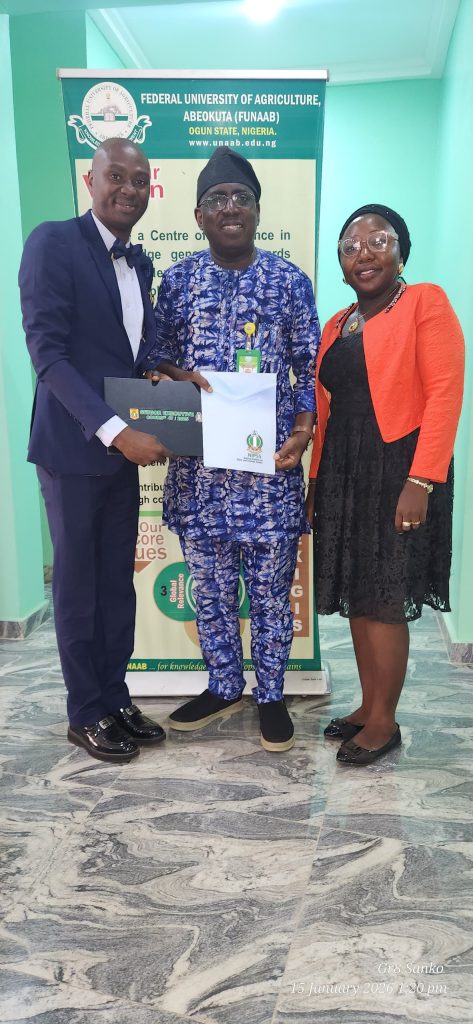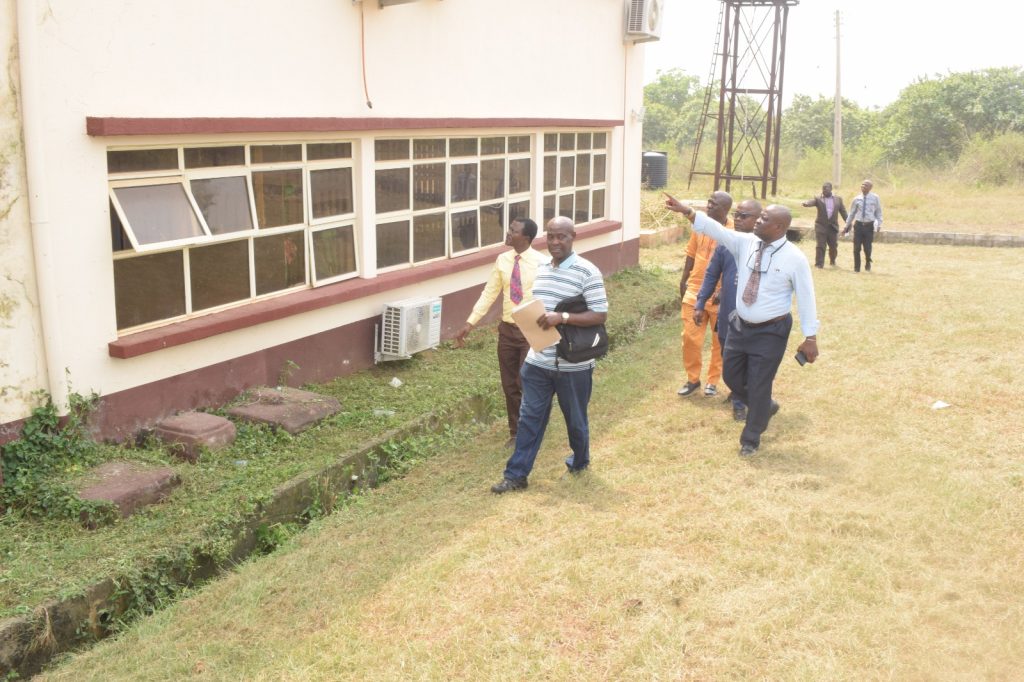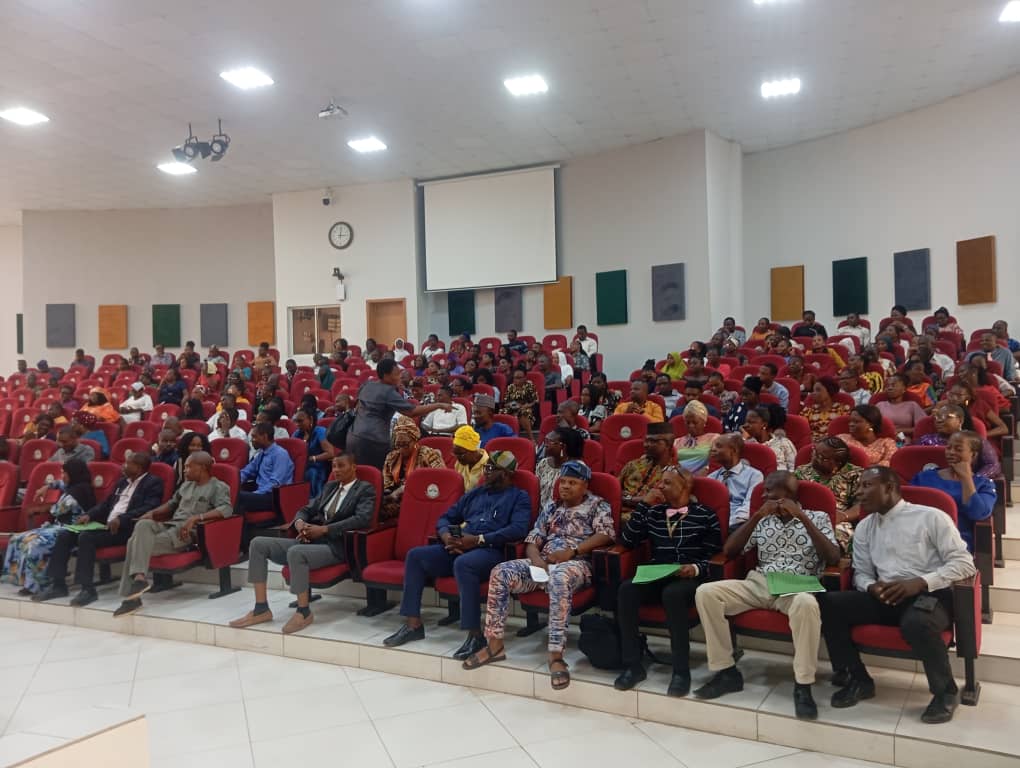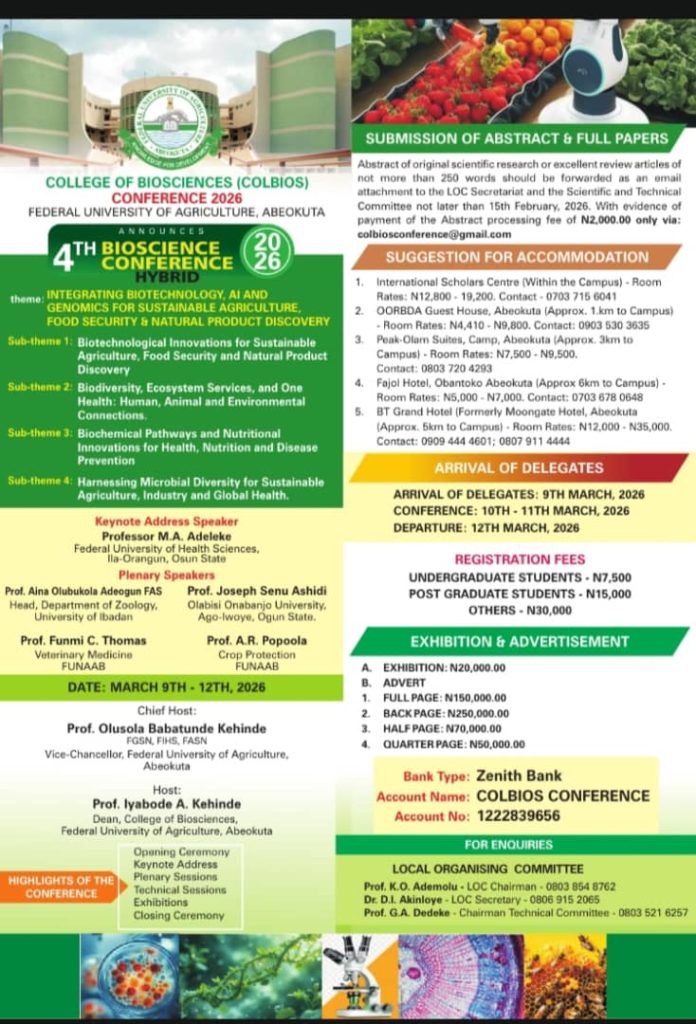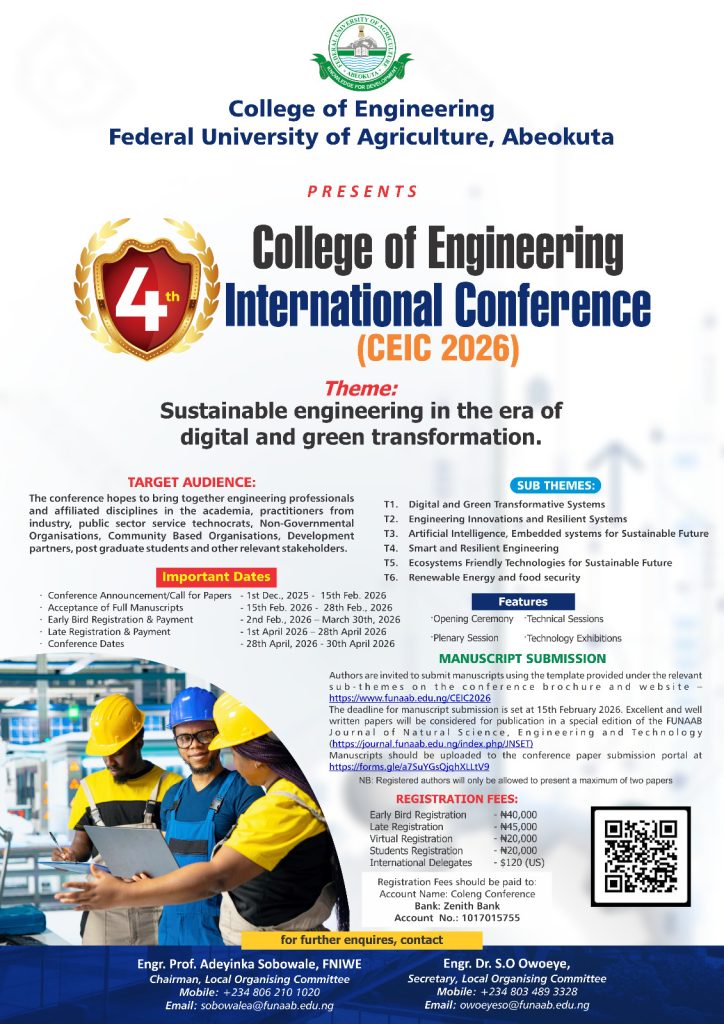Last Updated on August 12, 2024 by Olasunkanmi Olajide
… Introduces Innovations
The Federal University of Agriculture, Abeokuta (FUNAAB) has once again demonstrated its commitment to upholding the highest standards of academic integrity through the impressive conduct of its ongoing Second Semester Examinations.
As one of Nigeria’s leading universities, FUNAAB’s dedication to ensuring a smooth, fair, and transparent examination process underscores its mission to produce graduates of the highest calibre.

During the ongoing examination, the University showcased innovations with meticulous planning and execution, which was reflected in the orderly conduct of students and invigilators alike.
FUNAAB’s focus on maintaining high ethical standards during examinations is not just about preventing malpractice; it is about fostering a culture of trust, integrity, responsibility, and excellence.
This approach ensures that the certificates awarded by FUNAAB are a true reflection of the knowledge and skills acquired by the students, thus enhancing the University’s reputation both locally and internationally.
As FUNAAB continues to set the pace in academic excellence, the University’s examination conduct stands as a model for other institutions to emulate. With such impressive strides, FUNAAB remains steadfast in its resolve to uphold the integrity of its academic processes, ensuring that every student who walks through its gates leaves with not just a degree, but with the honour and pride that comes from being part of a University that values excellence in every aspect.

In this interview, the Deputy Vice-Chancellor, Academic, Prof. Olukayode Akinyemi who took the duo of Olasunkanmi Olajide and Emmanuel Etoro (Ekay visuals) around the Examination Centres, fielded questions on innovations that were introduced in the conduct of the Second Semester Examination.
DPR: Sir, with what we have seen, can you tell us about the innovations you have added to the examination conducted at the University?
DVC (Academic): Thank you very much, Head of PR, and I appreciate you joining us in this exercise. First and foremost, we give glory to God for making this exam possible, given the challenges we’re currently facing. We also extend our gratitude to our Vice-Chancellor for ensuring that the exams commenced.
Regarding innovations, we’ve made several key improvements. First, we held a series of meetings across various levels with different stakeholders, particularly focusing on student representatives. For instance, just last week, we met with nearly a hundred class representatives from all Departments to prepare them for the exams. We discussed the fundamentals of exam conduct, clarified the ‘dos’ and don’ts, and emphasised the importance of proper exam behaviour. This was especially crucial because we experienced a significant number of exam misconduct cases in the first semester, which we are determined to reduce this time around.

The meetings were highly successful, and we conveyed all the necessary information regarding the exams. In addition, we introduced several new initiatives. You might have noticed the large canopies outside—this is the first time we’re using such a big canopy. We had issues with crowd control last semester, especially around the Holding Centre, which led us to invest in larger canopies that better accommodate students and help maintain order as they move to the exam halls. This initiative was more expensive, but we are grateful to the Vice-Chancellor for approving it.
As you can see, the result is much better crowd management.
We’ve also engaged with various stakeholders, including students at the mosque and chapel, as well as the Student Union Government, to ensure everyone is adequately prepared for the exams.
Another innovation involves the systems used in our exam centres. We identified and replaced malfunctioning systems from the first semester, resulting in about 700 fully operational computers and laptops across our centres.
This has significantly improved the flow of students in and out of the exam halls.
Lastly, we’ve refined the exam timetable. In the first semester, we had issues with large groups of students lingering around due to the scheduling. To address this, the exam committee, along with TIMTEC, made adjustments to the timetable, allowing for a more staggered arrival of students. This change has effectively reduced crowding and made the environment more manageable.

Additionally, we’ve provided further training for our staff to ensure everything runs smoothly. These are the main innovations we’ve implemented for this exam period.
DPR: Thank you, sir. So far, so good. When are the exams expected to conclude, and could you provide a general assessment of the examination process?
DVC (Academic): Thank you. The exams began on August 5, and by the grace of God, we aim to conclude by next Friday.
DPR: Oh, so in two weeks?
DVC (Academic): Yes, exactly. We typically have fewer papers to write in the second semester compared to the first, so two weeks should suffice for the exams. However, that’s not the end. The third week will be dedicated to the FPY exams. So, in total, we have two weeks for the conventional exams, followed by one week for the FPY exams. Unlike the first semester, where we spent over four weeks on exams, this time it’s just three weeks.
DPR: Thank you very much for your time, Sir. We are very grateful.
Author
-
Mr. Olajide is a seasoned professional with over a decade of expertise in the fields of Public Relations, Media and Communications. He currently holds the position of Assistant Director, Media.
View all posts


